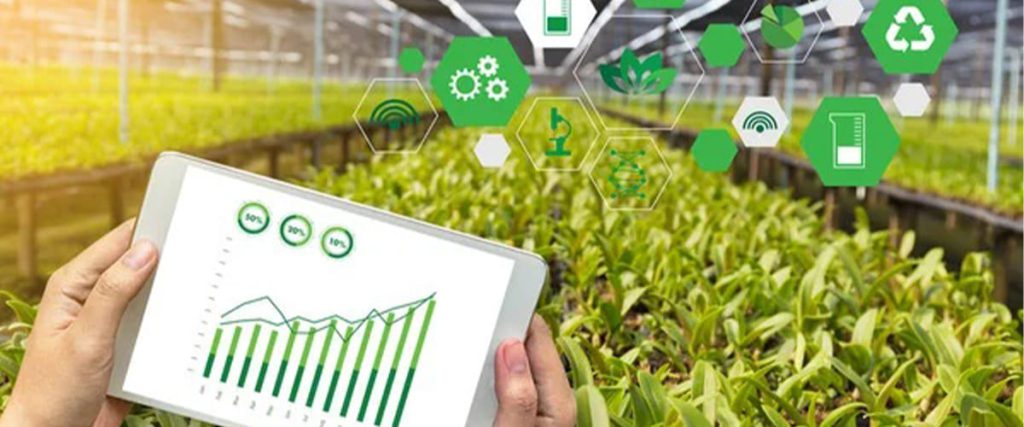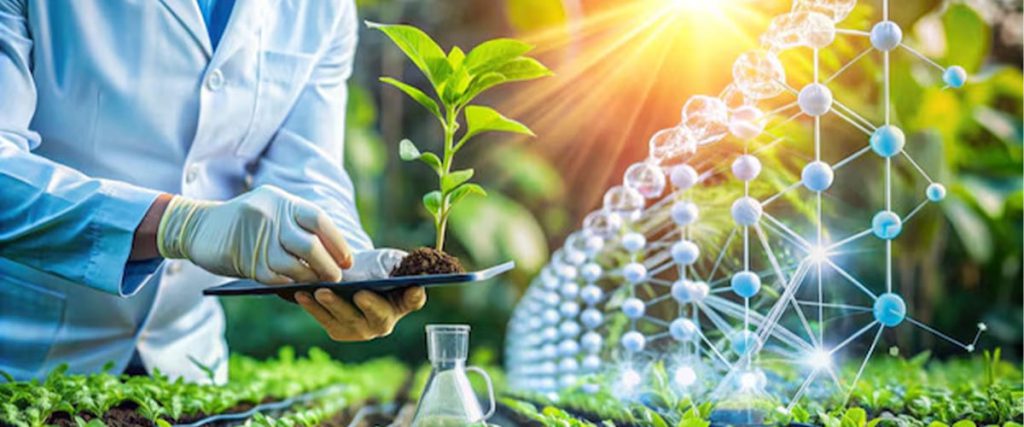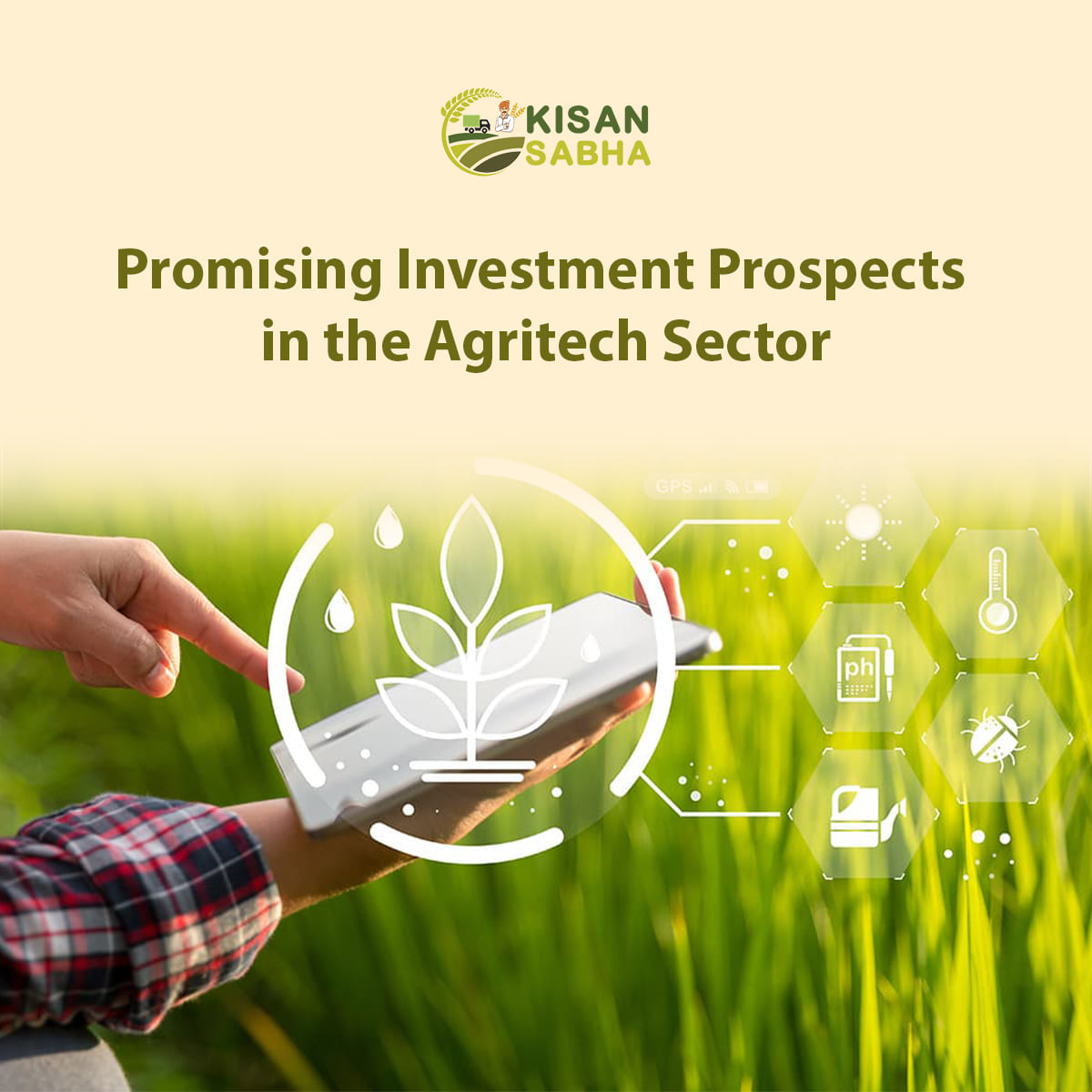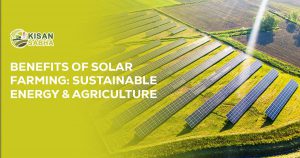Agriculture is changing a lot. New tech and smart ideas help this happen. Agritech is a new area aiming to improve old farming for the earth. Better Agritech uses many technology kinds, like biotech, IoT, and AI. This essay looks at new tech, good spots for investment, and key points for investors, also. Real-life wins and future changes come from needing better farming solutions that last. Agritech gives good chances for investors wanting to impact the global food business big time.
Understanding Agritech and Its Impact on the Agriculture Industry
Agritech, which stands for agrarian era, refers to software used in agriculture to improve efficiency, production, and sustainability. This quarter brings a wide range of advancements, from ingenious agricultural structures to genetic engineering. The world has a big problem with lots of people needing food. So, farming tech is super important now.
The Need for New Ideas in Farming
By 2050, the number of people on Earth could go past 9.7 billion, making food needs very high. There needs to be more than old ways of farming for this issue. There may need to be more than traditional agricultural practices to meet this need. Agritech provides breakthrough solutions that can optimize farming techniques, improve assistance utilization, and cope with difficulties such as weather variability and limited arable land. As a result, the agricultural industry is experiencing an increase in financing and interest in Agritech solutions.

Emerging Technologies in the Agritech Sector
Artificial Intelligence (AI) and Machine Learning in Agriculture
Artificial intelligence (AI) and machine learning are transforming agriculture by collecting and examining large amounts of data. These technologies help farmers make informed decisions about crop care, for example, pest control and irrigation. This allows AI-equipped drones to track the health of crops. Forecasting tools can predict disease outbreaks. By using these technologies Farmers can increase production and reduce losses.
Internet of Things (IoT) and Smart Farming
Imagine a farm where everything is interconnected. It contains a soil sensor that monitors humidity and an autonomous irrigation system that adjusts the water source depending on real-time data. This summarizes the notion of the Internet of Things (IoT) in agriculture. Smart farming integrates equipment and sensors. It enables farmers to track and control their operations remotely. This combination maximizes resource consumption while reducing waste. This leads to a more efficient farming environment.
Blockchain and Traceability in the Agriculture Business
Blockchain technology is not limited to cryptocurrencies. It also has important applications in agritech by providing transparent and immutable ledgers. Blockchain thus increases traceability throughout the food supply chain. This technology builds trust. With blockchain, consumers can be confident that their food products are safe and ethically sourced.

Current Challenges and Opportunities in Agritech Investing
Addressing Food Security and Sustainable Agriculture
Feeding a growing population while limiting environmental impact is a daunting task. Agritech provides a wholly unique chance to address these concerns while also encouraging sustainable agriculture practices and ensuring balance. Meals Investing in solutions that maximize assistance utilization and promote ecologically sustainable practices. Therefore, investors can help shape a safe and sustainable food future.
Overcoming Barriers to the Adoption of Agritech Solutions
Despite Agritech’s promise, numerous barriers prevent widespread use. High upfront expenses, a lack of understanding, and limited access to generating. It may function as an impediment to the deployment of agricultural solutions.
Also Read:- Key Maintenance Tips for Farmers on Harvest Equipment
Promising Subsectors in Agritech for Investment
Precision Agriculture and Farm Management Systems
Precision farming emphasizes tailored strategies for each type of crop and agricultural practice instead of employing a generic method for all. By leveraging technologies farmers can gather specific data regarding soil health, plant vitality, and moisture content. However, this information-driven method enables targeted actions, decreasing unnecessary resource consumption and improving performance. Investing in precision agriculture and farm control structures is equivalent to providing farmers with superior navigation equipment for their crops.
Vertical Farming and Controlled Environment Agriculture.
Vertical farming is a cutting-edge approach that uses vertical space to produce plants indoors, with controlled surroundings and artificial lighting. This strategy allows for year-round agriculture. Also, it reduces dependency on conventional farms and lowers shipping costs. Investing in vertical farming technology can help get fresh fruit from cities to customers quickly, changing the way we think about food production.
Future Trends in Agritech
As the agricultural technology sector continues to develop. Several trends could shape its future. The integration of AI and machine learning will become more available. Also, this allows for better decision-making in agriculture. Additionally, the demand for sustainable practices will drive innovation in areas such as alternative agriculture and organic technology. Additionally, as consumers become more aware of their food sourcing, Transparency and traceability will remain important.
Conclusion
The Agritech sector offers attractive financing opportunities for anyone looking to have a good impact on agriculture and the environment. Also, agritech offers a unique way to solve the world’s food issues by using new technology to boost sustainability and production. By investigating a range of subsectors investors may capitalize on the growing need for innovative agricultural solutions.
However, as time goes on, cooperation between agriculture and the past could help a better and more sustainable food supply for the next generations. Whether you are feeding everyone, modern developments in the Agritech sector have a lot of potential. Investing in this area not only assures economic benefit but also helps to be more sustainable and consistent.




